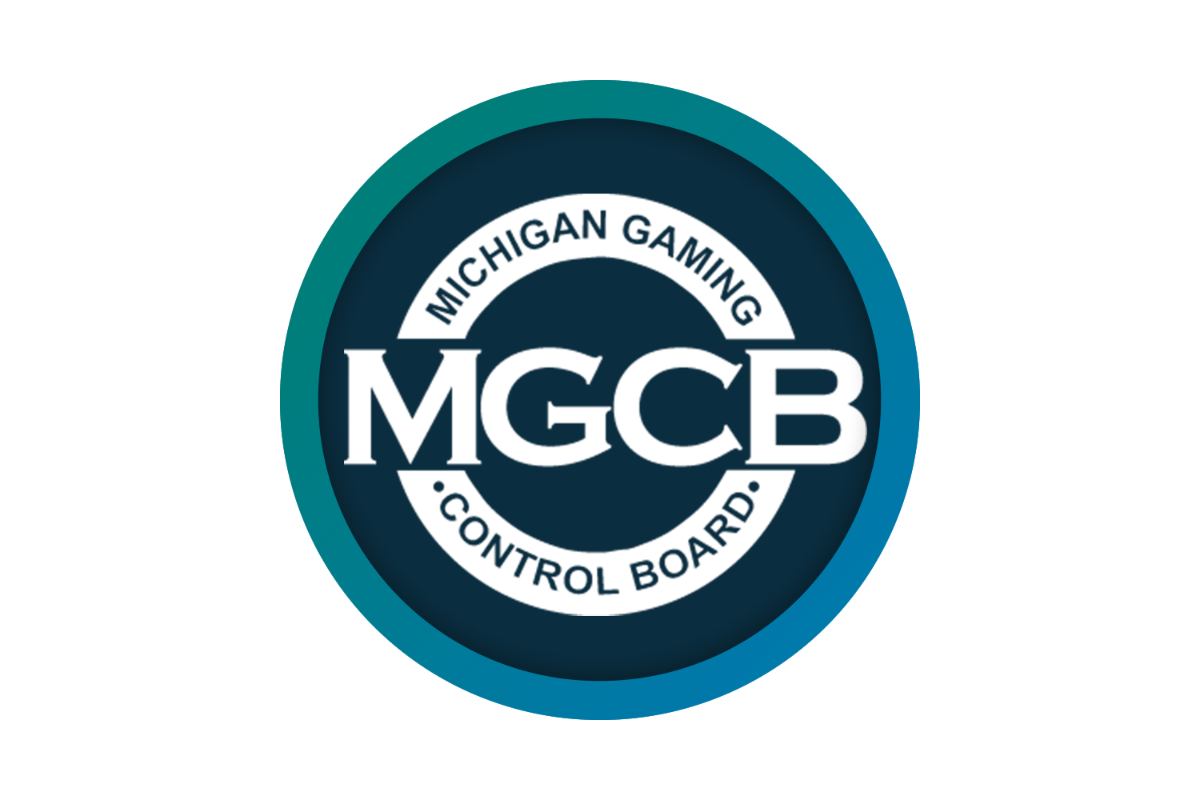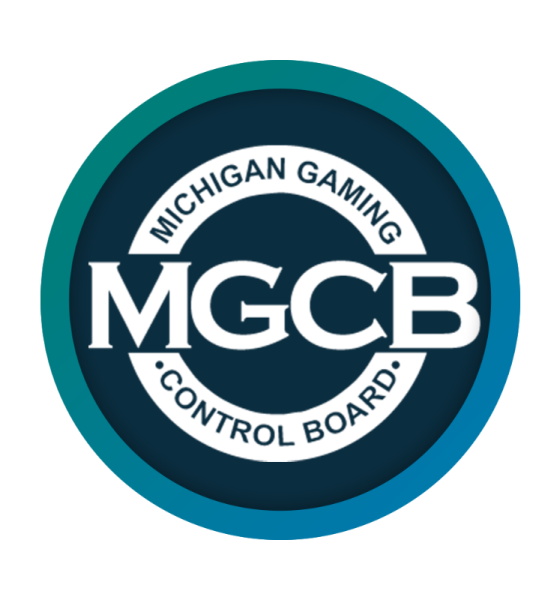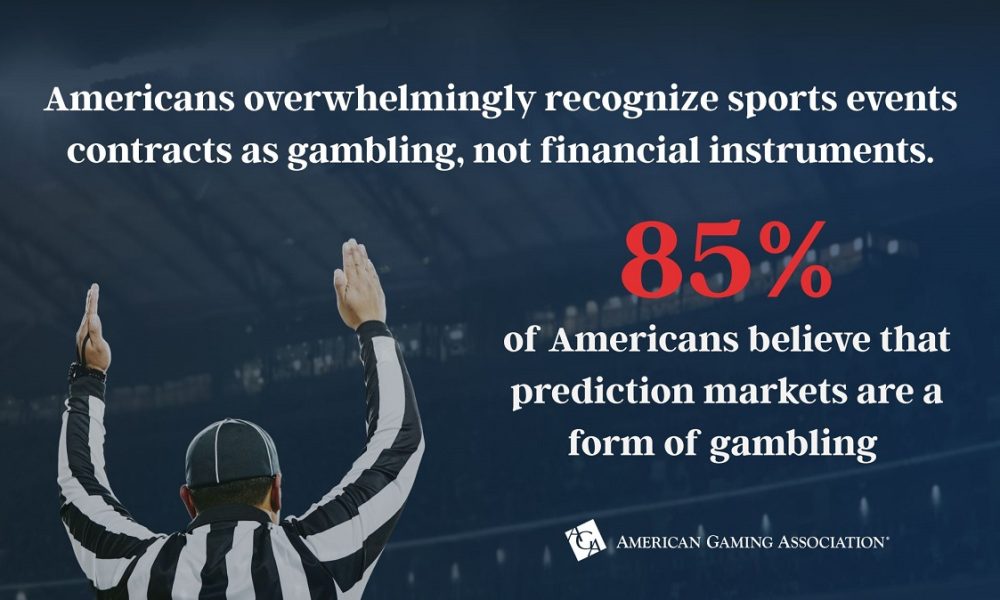

Compliance Updates
MGCB cracks down on 13 illegal offshore gambling websites targeting state residents
Action aims to safeguard Michigan players from unregulated, high-risk gambling practices
The Michigan Gaming Control Board (MGCB) has taken swift and decisive action against 13 illegal offshore gambling websites, which were found to be unlawfully targeting Michigan residents. The websites in question—Captain Jack Casino, Casino Brango, Ducky Luck Casino, El Royale Casino, Jazz Casino, Jazz Sports Casino Racebook, Looselines, Planet 7 Casino, Red Dog Casino, Royal Oak Casino, Silver Oak Casino, Skybook, and Slots of Vegas—were operating without proper state licenses, in clear violation of Michigan law.
The operators of these sites, based in jurisdictions including Curaçao, Costa Rica, and the Autonomous Island of Anjouan, have been issued cease-and-desist orders by the MGCB. The action comes as part of ongoing efforts to protect Michigan’s residents from unregulated gambling practices and ensure the integrity of the state’s gaming industry.
Protecting Michigan Residents from Illegal Gambling Risks “These illegal gambling websites put Michigan residents at significant personal and financial risk,” said Henry Williams, Executive Director of the Michigan Gaming Control Board. “Our priority is to maintain a secure and regulated gaming environment. These websites not only violate Michigan’s laws but also engage in deceptive practices that endanger consumers, including withholding winnings and imposing unfair wagering requirements.”
The websites, which allowed Michigan players to gamble using a variety of payment methods—such as credit cards, PayPal, and cryptocurrencies—engaged in dishonest practices, such as restricting withdrawals and demanding players meet high, often unreasonable, wagering thresholds before accessing their funds. This leaves users vulnerable to financial exploitation and undermines the fairness of the gambling experience.
In addition to financial risks, these offshore operators do not meet Michigan’s standards for responsible gaming, consumer protection, or data security, putting users at further risk of fraud and identity theft.
A Strong Message to Offshore Operators
The MGCB’s action serves as a firm warning to illegal offshore operators attempting to skirt Michigan’s legal framework. The cease-and-desist letters instruct the operators to cease all unlawful activities within 14 days of receipt. If the operators fail to comply, the MGCB will work with the Michigan Attorney General’s Office to pursue legal action against these entities.
How Michigan Residents Can Protect Themselves
The MGCB strongly encourages Michigan residents to be vigilant and only engage with online gambling sites that are authorized and licensed by the State of Michigan. To assist players in identifying legal operators, the MGCB provides a list of approved platforms on its official website at Michigan.gov/MGCB.
Residents who suspect illegal gambling activity or who encounter suspicious online platforms are urged to report it immediately. Tips can be submitted by calling the MGCB hotline at 1-888-314-2682 or by emailing [email protected].
Commitment to Ensuring a Safe Gaming Environment
The Michigan Gaming Control Board remains unwavering in its commitment to preserving the integrity of Michigan’s gaming market. The MGCB continues to monitor the online gaming landscape closely to ensure all operators comply with state regulations and uphold the highest standards of consumer protection, fairness, and security.
“These relentless actions are part of our ongoing effort to provide a transparent and trustworthy gaming environment for all Michigan residents,” Williams added. “We will continue to take necessary steps to protect players and maintain the integrity of Michigan’s regulated gaming industry.”
Gambling in any form is for entertainment purposes only. If you or someone you know may have a gambling problem, contact the National Problem Gambling Helpline at 1-800-GAMBLER, text 800GAM, or visit www.1800gamblerchat.org. Help is available 24/7 and is free and confidential.
The post MGCB cracks down on 13 illegal offshore gambling websites targeting state residents appeared first on Gaming and Gambling Industry in the Americas.
American Gaming Association
Hard Rock Bet Launches New Responsible Gaming Website

Hard Rock Bet has launched a responsible gaming website offering educational content, support resources, and interactive tools.
The Seminole Hard Rock Digital operator said its portal contains information on setting deposit, wager, and session limits.
Users can also find information on using time-out features and self-exclusion, with links to national and state-level resources also included.
“We consider ourselves to be our players’ partner in responsible gaming, and this new site gives our community the guidance, tools and support needed for a confident and enjoyable gaming experience,” said Danny Crook, Hard Rock Digital’s senior vice president of operations.
The responsible gaming website is part of Hard Rock Bet’s role in Responsible Gaming Education Month in the US, organised by the American Gaming Association.
The post Hard Rock Bet Launches New Responsible Gaming Website appeared first on Gaming and Gambling Industry in the Americas.
Compliance Updates
SOFTSWISS Compliance Expert Shares Knowledge on AML in iGaming for Sumsub Academy

SOFTSWISS, a global tech provider with over 15 years of iGaming expertise, announces that its Head of Anti-Money Laundering (AML) team, Eleni Panagiotopoulou, has been invited to deliver a lecture for AML Fundamentals, the newly launched training programme by Sumsub Academy. The course, which goes live on 15 September 2025, offers free online access to compliance professionals worldwide.
AML has become one of the most pressing topics for a wide range of highly regulated sectors. Regulators are intensifying oversight, and companies face increasing responsibilities to safeguard their operations and the wider financial system. Against this backdrop, Eleni’s participation underscores both SOFTSWISS’s expertise in compliance and its commitment to supporting the iGaming industry.
Drawing on her experience across operators, regulators, and compliance leadership roles, Eleni participates in the iGaming-focused module of the six-part course. Her sessions explore how money laundering risks manifest in casinos, betting platforms, lotteries, and online gaming environments, and how operators can strengthen their frameworks to meet evolving regulatory expectations.
Speaking ahead of the course launch, Eleni Panagiotopoulou said: “iGaming is one of the fastest-paced and high-risk sectors when it comes to financial crime. In countries where gaming is a cornerstone of the economy, AML compliance isn’t just a regulatory requirement; it’s a business imperative. Through this course, I look forward to sharing practical, industry-specific insights that compliance teams can put into action straight away.”
Natalie Buraimoh, Head of AML Product at Sumsub, added: “We’re pleased to be working with leading partners like SOFTSWISS to bring additional iGaming expertise into this course, helping professionals address some of the sector’s most complex AML challenges. After ten years of helping businesses navigate compliance, we know how quickly AML requirements evolve, and our aim is to deliver accessible training that professionals at every level can apply in their daily work.”
The Sumsub Academy AML Fundamentals course brings together leading experts from across the financial crime prevention space, including specialists in fintech, payments, and crypto. Participants who complete the programme will receive a shareable AML certificate.
For SOFTSWISS, this appointment highlights the company’s growing influence in global compliance conversations, while reinforcing its deep roots in Malta’s iGaming ecosystem.
About SOFTSWISS
SOFTSWISS is an international technology company with over 15 years of experience in developing innovative solutions for the iGaming industry. SOFTSWISS provides comprehensive software for managing iGaming projects. The company’s product portfolio includes the Casino Platform, the Game Aggregator with over 35,000 casino games, Affilka Affiliate Platform, the Sportsbook Platform, and the Jackpot Aggregator. The expert team, based in Malta, Poland, and Georgia, counts over 2,000 employees.
The post SOFTSWISS Compliance Expert Shares Knowledge on AML in iGaming for Sumsub Academy appeared first on European Gaming Industry News.
AGA
Four in Five U.S. Voters Say Sports Events Contracts Should Be Regulated Like Other Online Sportsbooks

The American Gaming Association (AGA) released new research showing strong sentiment that sports events contracts offered through prediction markets—online platforms where users wager on the outcomes of future events—should be regulated in the same way as other forms of legal, state-regulated sports betting. The study also shows that the public overwhelmingly view them as a form of gambling that requires oversight.
Key Findings:
- Americans overwhelmingly recognize sports events contracts as gambling, not financial instruments. 85% say sports events contracts are most like gambling, while only 6% believe they are most like a financial instrument.
- Most Americans want sports events contracts regulated like other forms of sports betting. 80% say that sports event contracts should be regulated like other online sports betting and 65% believe these bets should be overseen by state and tribal gaming regulators, not the federal Commodities Futures Trading Commission (CFTC).
- Adults agree that sports events contracts should only be offered by state-licensed sportsbooks. 84% of Americans, and 69% of sports bettors, say that sports events contracts should only be available in state-licensed sportsbooks in the states where they are offered. 69% of Americans believe each state should have a say on whether sports events contracts can be offered in their state.
- Americans recognize prediction platforms offering sports event contracts are skirting the law. 70% say prediction platforms offering sports event contracts are exploiting loopholes to act as unlicensed sportsbooks.
“This research has made it clear: Americans know a sports bet when they see one—and they expect prediction markets offering sports event contracts to be held to the same rules and consumer safeguards as every other state-regulated sportsbook,” said AGA President and CEO Bill Miller. “This underscores the need for the CFTC to enforce and uphold its own regulations that prohibit gaming contracts, and for Congress to use its oversight power to ensure prediction markets are not used as a backdoor for gaming.”
With sports betting currently operational in 38 states and Washington, D.C., AGA’s research emphasizes the need for consistent oversight of emerging gaming products to maintain consumer trust and uphold responsible gaming standards.
Methodology
YouGov, on behalf of the AGA, conducted an online survey from August 1-8, among a nationally representative sample of 2,025 registered voters. The margin of error is +/- 2 percent and greater among subgroups.
The post Four in Five U.S. Voters Say Sports Events Contracts Should Be Regulated Like Other Online Sportsbooks appeared first on Gaming and Gambling Industry in the Americas.
-

 gaming3 years ago
gaming3 years agoODIN by 4Players: Immersive, state-of-the-art in-game audio launches into the next generation of gaming
-
EEG iGaming Directory9 years ago
iSoftBet continues to grow with new release Forest Mania
-
News8 years ago
Softbroke collaborates with Asia Live Tech for the expansion of the service line in the igaming market
-
News7 years ago
Super Bowl LIII: NFL Fans Can Bet on the #1 Sportsbook Review Site Betting-Super-Bowl.com, Providing Free Unbiased and Trusted News, Picks and Predictions
-
iGaming Industry8 years ago
Rick Meitzler appointed to the Indian Gaming Magazine Advisory Board for 2018
-
News7 years ago
REVEALED: Top eSports players set to earn $3.2 million in 2019
-
iGaming Industry8 years ago
French Senator raises Loot Boxes to France’s Gambling Regulator
-
News7 years ago
Exclusive Interview with Miklos Handa (Founder of the email marketing solutions, “MailMike.net”), speaker at Vienna International Gaming Expo 2018











